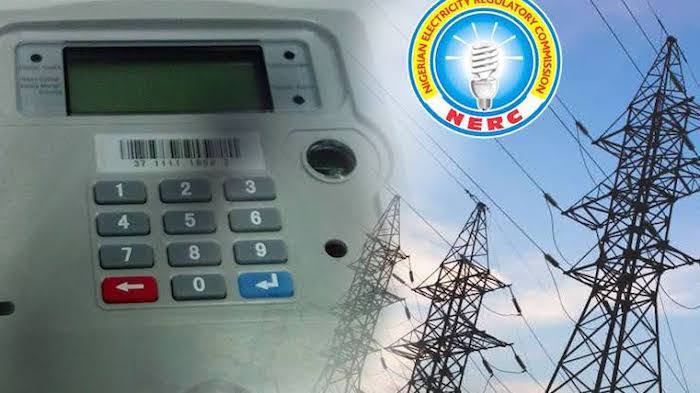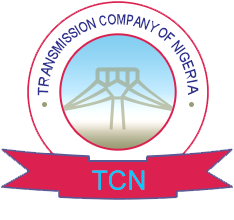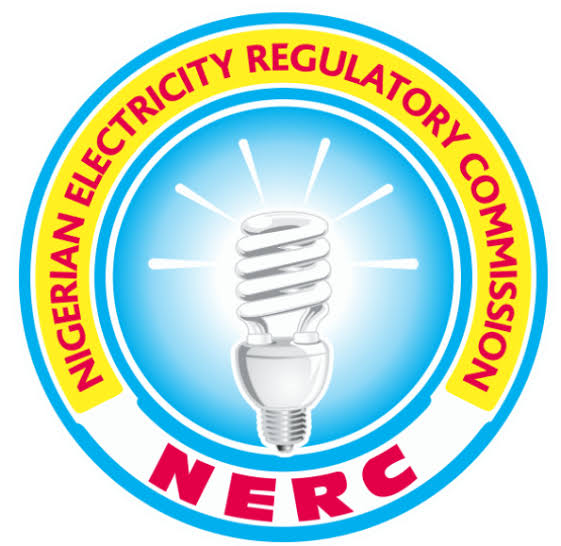Criminalising Energy Theft: What Consumers Must Know About The Electricity Act
By Sunday Etuka, Abuja

Energy theft is the illegal act of stealing electricity through meter tampering, bypass or illegal connections. Electricity theft is most common in developing countries where power grids deliver inadequate and unreliable power.
The practice is as old as electricity distribution, and the losses incurred as a result of this is huge. For instance, the global cost of electricity theft was estimated at $96 billion annually.
In Nigeria, the story is not any better, as there has been an escalating cases of electricity theft, especially, at the distribution segment of the Nigerian Electricity value chain.
It is estimated that about 40% of electricity generated in the country is lost to theft on a daily basis, especially by unmetered customers. Electricity theft also results to huge financial losses in Nigeria.
For instance, in December 2023, approximately N36.2 billion was lost out of the N134.53 billion worth of electricity billed by Distribution Companies (DisCos).
This is even as the Association of Nigerian Electricity Distributors (ANED) reported that over N30 billion of monthly revenue is lost to electricity theft, meter bypass, vandalism, and unpaid bills.
In the first three months of 2021, the eleven distribution companies lost about N97 billion to theft.
Apart from the financial losses, energy theft can compromise the reliability of the power supply, which can be dangerous. It also affects the quality of the power supply to legitimate customers
CAUSES OF ELECTRICITY THEFT
There are a lot of factors fueling electricity theft in Nigeria: First is High Electricity Demand: Electricity supply in Nigeria is limited and unstable. Nigeria, a country of over 200 million people, is currently generating about 5,900 megawatts of power, despite the demand of 20,000 megawatts, leaving a huge gap.
The country has the highest number of people living without electricity in the world, with about 85 million of them without access to electricity, resulting in massive theft.
Secondly, rising electricity tariffs and economic hardship lead households and businesses to seek illicit means to manage utility bills. The recent tariff Bands introduced in the country has forced many customers to engage in meter bypass.
Thirdly, poverty is a significant cause, while greed and moral laxity also contribute to the menace.
Fourthly, lack of effective regulation. Despite legal frameworks like the Electric Power Sector Reform Act 2025, and now the Electricity Act 2023, enforcement remains challenging.
Finally, inadequate infrastructure and frequent power outages create an environment where illegal connections seem necessary for survival.
MEASURES TAKEN TO CHECK ELECTRICITY THEFT IN NIGERIA
In order to discourage customers from engaging in electricity theft in Nigeria, the Electricity Act of 2023, has imposed stricter penalties, including fines and prison sentences of up to three years.
Below are some of the penalties for electricity theft captured in the Electricity Act:
1. Theft of electricity: a convicted offender of theft of electricity faces a fine, a minimum of three years’ imprisonment, or both.
For loads up to 10 kW, the fine is at least three times the financial benefit gained on a first conviction and six times for any subsequent convictions.
For loads exceeding 10 kW, the fine remains the same, but repeat offenders may also face imprisonment ranging from six months to three years.
2. Theft of electric lines and materials: upon conviction, the offender faces a minimum fine of N500,000 or a prison sentence of no less than three years, with a maximum of five years, or both penalties.
For individuals or corporate entities with a prior conviction under this section, any subsequent offence carries a minimum fine of N1,000,000 or a mandatory prison sentence of five years upon conviction.
3. Receiving Stolen Property: Upon conviction, the offender may face a fine up to three times the worth of the stolen property, imprisonment for a period of up to 14 years, or both.
4. Interference with meters or works of the licensee: The offender is liable on conviction to a fine of not more than N500,000, imprisonment for a term of not more than 3 years, or both, and an additional fine of N10,000 for every day the offence continues.
5. Negligently breaking or damaging electricity materials: Upon conviction, the offender faces a fine of N300,000 and is required to repair or replace the damaged equipment or line.
6. Intentionally disrupting power supply: Anybody caught intentionally disrupting power is liable on conviction to a fine of at least N300,000.
Just recently, the Nigerian Electricity Regulatory Commission (NERC), in an Amended Order on Unauthorised Access, Meter Tampering and By-Pass, announced fines for meter tampering and by-pass for all categories of customers, effective January 22, 2025.
NERC in the Order held that any customers who by-pass meters or gain unauthorised access must pay administrative charges, including meter replacement costs and reconnection costs.
The Commission ordered that any Residential customer (Single Phase) who gains unauthorised access to electricity through tampering or meter by-pass would be reconnected upon payment of the administrative charges, including meter replacement cost which shall not exceed the sum of N100,000 for First Offense, and N150,000 for Subsequent Offense.
While Three Phase customer would pay N200,000 for First Offense, and N300,000 for Subsequent Offense.
Meanwhile, for Maximum Demand (MD) customer who gains unauthorised access would attract 450% of last recorded consumption for First Offense, and 600% of last recorded consumption.
NERC added that Non-MD and MD customers who committed the above offense would be made to pay reconnection costs of N10,000 and N50,000 respectively.
It however, clarified that if DisCos fail to reconnect a customer within 48 hours after payment, they must compensate with 100% of daily energy consumption in energy credit.
It also noted that customers guilty of unauthorised access must pay for the loss of revenue through back-billing at the prevailing tariff.
Meanwhile, some industry experts are calling for massive reorientation of customers and enforcement of the Electricity Act using the security agencies in the country.
Bode Fadipe, a power sector Communications Specialist and a Lawyer, said “I think a very strong tool against theft of electricity is the provision of meters. The meter is not just for energy accountability, it is also transparency for energy calculation of the value that the customer has consumed. It gives the customer that peace of mind that he is not being overbilled. That transparency is there.
“There is need for massive reorientation, and enlightenment for people to understand that things don’t come free of charge. They must be paid for. The metering infrastructure must be gotten right. A lot of customers believe that DisCos collect money for electricity that they did not supply. Even customers believe that DisCos steal by way of estimated billings. Band A customers are complaining that they are not getting up 20 hours of supply, but they are paying for it, which is stealing.
“You see, law is not an end on its own, it a means to an end. There can be so many laws, but if the people are not convinced about truthfulness, or veracity of the law, they will disobey it. Laws cannot operate on their own without people agreeing that they are necessary. For now the people think that as the DisCos are stealing, they should also be stealing. In fact, they don’t regard it as stealing, they regard it as everybody going to collect their own”, he said.
On his part, the Executive Director of the Electricity Consumer Protection Advocacy Centre, Princewill Okorie, said that the Section of the electricity act that deals with electricity theft and penalties should be enforced by NERC.
“There should be an engagement with the security agencies and distribution companies for the enforcement of electricity theft regulations. The law is made to be implemented. So, if the laws are made and they are not enforced or complied with, they made no sense. The Act provided for it so they should enforce it,” he said.






